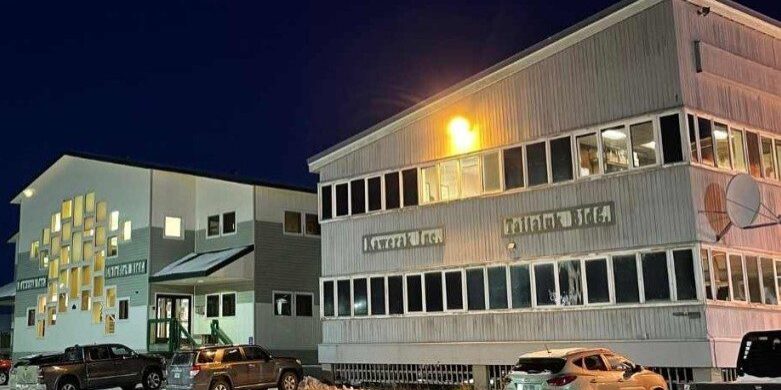This story was reported and written by KNOM reporter Ava White
It is no secret that childcare in rural Alaska is scarce.
In research conducted by Thread, an Alaska-based childcare resource and referral firm, the Nome Census Area shows 131 spots above capacity in the area; A study conducted by the US Census reports that roughly 9% of the Nome Census population are children aged nine and under.
Locally, Kawerak provides financial support to tribally enrolled children, families considered to be low income, and parents that are engaged in employment for a minimum of 20 hours per week.
Bridie Trainor works at Kawerak as the Childcare Program Director. She said the definition of family is important – and it is something the organization is working on.
“We’ve tried to expand the definition of relative, it is a federal definition,” Trainor said. “We recognized that it would be good to include other family members, but that hasn’t been approved yet.”
Trainor adds that Nome Eskimo Community has a provider’s program as well, which applies If a child is tribally enrolled. Trainor said there is a lot of support available for providers.
“We offer American Rescue Plan stabilization funding for licensed providers,” Trainor said. “That’s up to $250,000, twice annually, and we have the quality improvement grants for things like home health and safety, professional development, nutrition, and education that is available and amounts of $10,000 annually for relative providers, $20,000 for a licensed family or group home, or $50,000 for center-based care. There’s a lot of a lot of support for providers out there.”
Factors contributing to the lack of rural childcare include high costs, finding qualified caregivers and supply and demand not being able to keep up. The five-year strategic plan for Kawerak is to talk more directly with communities to see what needs and options are available.
“We’re advocating for more state and federal funding, but also for the state to defer to tribal licensing standards or to explore contracting directly,” Trainor said. “Nome has the biggest chunk of options in the region because it has a larger working population and can meet the income requirements to be eligible.”
If residents are interested in receiving childcare, they can visit the Kawerak website, where many “how to” childcare videos are accessible. If someone wants to provide licensed family or group homecare, they can apply through the state, or can receive help through Kawerak.
Interested volunteers can reach out to Kawerak Head Start at 907-443-9050, and Kawerak Childcare Services can be reached at 907-443-4352.
Image at top: The Kawerak office complex in Nome. Photo courtesy Kawerak, Inc.




